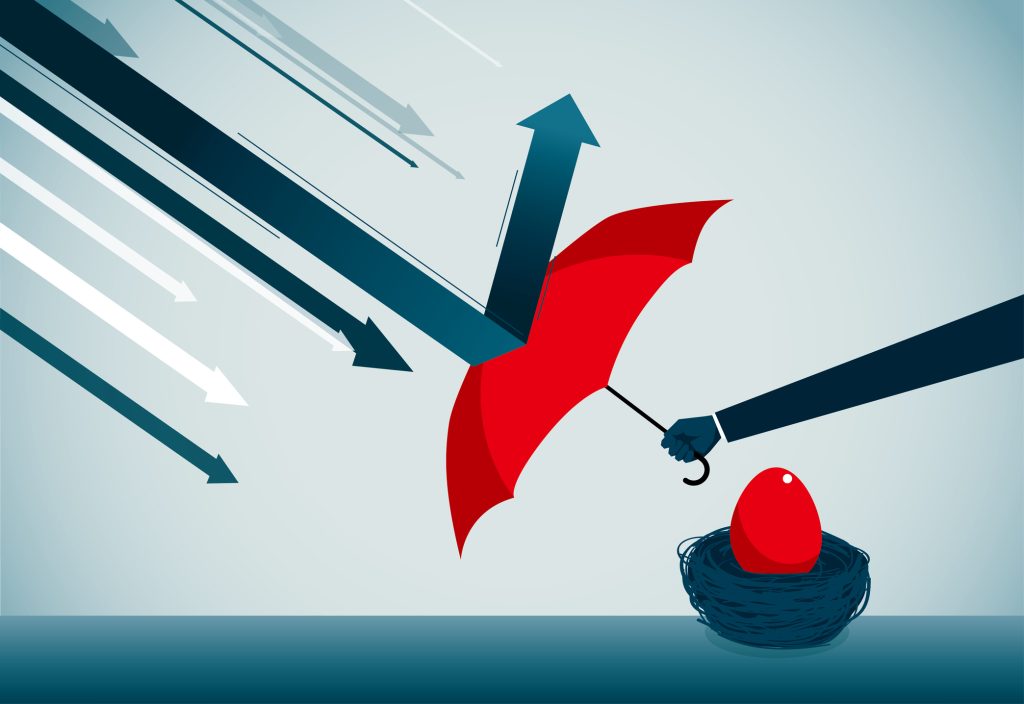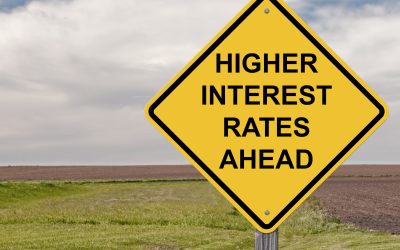
Russia’s invasion of Ukraine could have major economic consequences around the world, including here in America. After a tumultuous two years during the pandemic, the global economy faces new threats as a result of this conflict – spiking energy prices and inflation, supply chain disruptions, and market volatility. Our team of financial professionals constructs financial strategies designed to fortify the portfolios of all we serve.
What Could This Conflict Have to Do With Your Wallet?
As we learned during the pandemic, something happening halfway around the world can have a major effect on us. In the case of Russia’s invasion of Ukraine, we could see a number of economic consequences, including higher inflation and market volatility. President Biden has moved to cut off two Russian banks from western financing and Russia could respond by halting oil and natural gas exports. Sanctions and export controls against Russia could make supply chain problems worse, as Russia is a major exporter of oil, agricultural products, and minerals used to make microchips that are in everything from electrical meters to cars.[1] We could continue to see high inflation for some time. Consider the effect on your finances if the prices of the items you need continue to rise.
How High Will the Price of Oil Go?
Russia is a major exporter of crude oil, so global conflict with them is likely to drive up oil prices – oil prices surged to over $100, which could mean $4 a gallon at the pump for you.[2] Surging energy prices could very likely exacerbate already high inflation and raise concerns about a recession. This, in turn, could cause the Federal Reserve to tighten its monetary policy and raise interest rates faster than expected to help combat already high inflation. Historically, the market tends to react poorly to rising interest rates, so we are appropriately mindful of the potential risk in our portfolio diversification.
What Can Today’s Investor Do?
If we see persistent inflation and a volatile market, how does your financial plan hold up? Are you taking on too much risk and will inflation eat away at your nest egg? We can help you answer those questions and create a plan to help protect what you’ve earned. No matter what uncertainties we face, you can prepare for the retirement you’ve always dreamed of during your working years. Sign up for a time to speak with us to get your questions answered.



